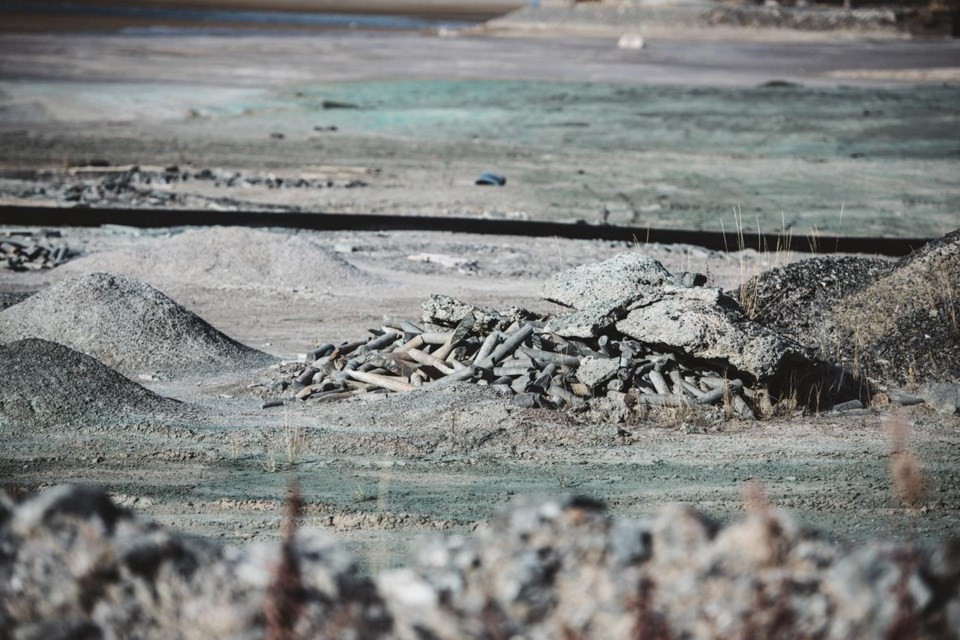YELLOWKNIFE — Cleanup on one of the biggest environmental messes in Canadian history is underway at the Giant Mine in the Northwest Territories. Here are some facts about the gold mine and efforts to remediate it:
Lifetime of the mine: It operated from 1948 to 2005 and produced 220 tonnes of gold.
Size of the site: It covers900 hectares just outside Yellowknife along the shores of Great Slave Lake.
What's left: There are about 100 buildings, 25 large piles of junk and rusting machinery, 30 kilometres of road, eight open mine pits, six tailings ponds and 13 underground chambers.
Main contaminants: About 13.5 million tonnes of arsenic-contaminated soil is on the surface; 237,000 tonnes of arsenic trioxide is in underground chambers; and an unknown amount of asbestos is in buildings on the site.
Cleanup plan: The plan is to freeze underground arsenic in perpetuity, pump and treat seepage from mine in perpetuity, destroy hazardous waste in a licensed facility, and landfill and cover non-hazardous waste.
End goal: The aim is to remediate parts of the site to residential standards and others to industrial standards. Some parts are to remain off-limits in perpetuity.
Timeline: Remediation is to wrap up in 2038. It was previously set for 2031.
Cost: The cost to taxpayers was estimated at $940 million in 2014. A revised estimate is due Oct. 27.
This report by The Canadian Press was first published Sept. 28, 2022.
The Canadian Press



